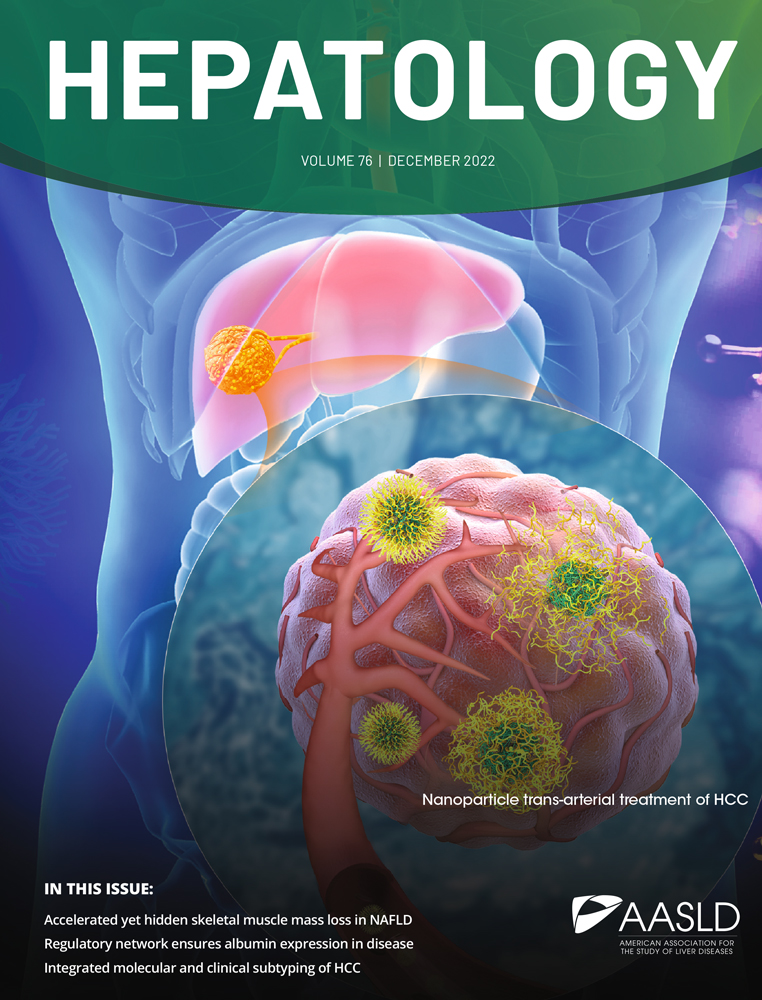Antigenic relevance of F protein in chronic hepatitis C virus infection
Abstract
The hepatitis C virus (HCV) F protein is a recently described, frameshift product of HCV core encoding sequence of genotype 1a. Its function and antigenic properties are unknown. Using enzyme-linked immunosorbent assay, we assessed the prevalence of anti-F antibodies in 154 patients chronically infected with HCV, 65 patients with other liver diseases, and 121 healthy controls. For this purpose, we expressed a highly purified HCV F recombinant protein from HCV genotype 1a in Escherichia coli. Because the F protein shares the 10 first amino acids with the core protein, the anti-HCV F response was also assessed by a F recombinant protein deleted of its 10 first amino acids [Δ(1-10)-F]. Ninety-six (62%) of the 154 HCV serum samples reacted with the complete F recombinant protein, whereas 39 (25%) showed a weaker anti-Δ(1-10)F reactivity and 150 (97%) had anti-core antibodies. No reactivity against F, Δ(1-10)F, or core was detected in any of the controls. To exclude a potential cross-reaction of anti-F antibodies with anti-core antibodies, a specific enzyme-linked immunosorbent assay was performed for anti-core antibodies. The specificity of anti-F antibodies was confirmed using an F synthetic peptide. The prevalence of anti-F antibodies did not correlate with HCV RNA serum level, genotype, or stage of liver disease. Sequence analysis from 8 anti-F–-positive and 5 anti-F–-negative serum samples did not reveal any particular difference potentially accounting for their respective anti-F responses. In conclusion, the F protein elicits specific antibodies in 62% of individuals chronically infected with HCV; such anti-F response does not seem to be affected by the F sequence heterogeneity. (Hepatology 2004;40:900-909).




